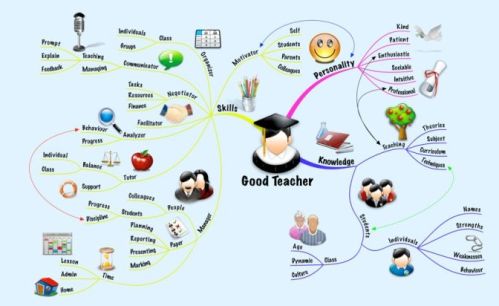“Good” Doctors and Teachers (Part 2)

1. Has the definition of “good” teachers changed over time as has the one about “good” physicians?
2. Are there many different versions of “good” teaching as there were for “good” doctors?
3. Even with the differences in definitions over time and setting, are their core characteristics that transcend both as there were among “good” doctors?
4. Are “good” teachers dependent for success on their students, as doctors are on their patients?
The answer to each of the four questions is yes.
1. Has the definition of “good” teachers changed over time as has the one about “good” physicians?
From the 1960s, researchers laid out the following personal traits and behaviors that “good” teachers exhibit:
[E]ffective teachers carefully monitor learning activities and are clear, accepting and supportive, equitable with students, and persistent in challenging and engaging them.
In the 1980s and 1990s, researcher findings added up to the following attributes of “effective” teachers. They:
*are clear about instructional goals;
*are knowledgeable about their content an strategies for teaching it;
*communicate to their students what is expected of them and why:
*make expert use of existing instructional materials in order to devote more time to practices that enrich and clarify the content;
* are knowledgeable about their students, adapting instruction to their needs….;
*address higher- as well as lower-level cognitive objectives….;
*accept responsibility for student outcomes;“Good” Doctors and Teachers (Part 2) | Larry Cuban on School Reform and Classroom Practice:“Good” Doctors and Teachers (Part 2) | Larry Cuban on School Reform and Classroom Practice:
